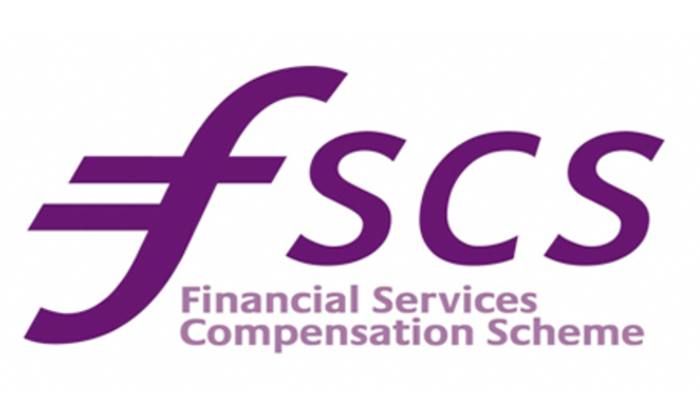
The Financial Services Compensation Scheme (FSCS) is funded by the financial services industry. Every firm authorised by the UK regulators is obliged to pay an annual levy, which goes towards the running costs and the compensation payments.
The FSCS published its plan and budget for 2016/7 in January 2016. The plan revealed details of a £363m indicative levy on firms for the period, forecasted the FSCS’s management costs falling by nearly £2m and highlighted internal organisational changes that aimed to improve the customer experience.
In April 2016, the FSCS announced its levy for 2016/17. The scheme will levy £337m in this financial year – £26m less than forecast in its Plan and Budget for 2016/17, published in January. The levy in 2015/16 totalled £319m. Management expenses fall for the second successive year. In 2016/17, these will total £67.4m.
Most industry sectors will contribute less in 2016/17 than FSCS forecast in January. The exception is the life and pensions intermediaries sector, which will pay a levy of £90m in 2016/17 – up from a forecast of £80m, to reflect a higher average cost of claims arising from advice about investments in self-invested personal pensions (Sipps). In 2015/16, life and pensions intermediaries paid a levy of £100m.
In July 2016, the FSCS announced that some 47,000 people turned to FSCS in the 12 months to March 2016, after they lost money when their financial services firm was unable to settle claims. FSCS paid out £271m in 2015/16 in response to 45,900 claims.
FSCS compensated consumers across a wide range of financial services, which included:
• Almost £88m was paid to customers of firms providing general insurance – such as motor and employers’ liability insurance;
• Claims against the life and pensions advice sector led to a compensation bill of just less than £84m, up from £35m the previous year – largely because the average payout against advisers who recommended high-risk investments to hold in Sipps, rose year-on-year from £29,500 to £38,600.
• £77m was paid out to people with claims against financial advisers that later stopped trading.
Compensation payments by class
| Funding class | 2015/16 £m | 2014/15 £m |
| Deposits (excluding the major banking failures and Dunfermline Building Society (DBS)) | 10.1 | 4.1 |
| General insurance provision | 87.6 | 85.0 |
| General insurance intermediation (excluding Welcome) | 6.7 | 18.7 |
| Life and pensions provision | 0.0 | 0.0 |
| Life and pensions intermediation | 83.8 | 35.2 |
| Investment provision | 1.6 | 0.2 |
| Investment intermediation | 77.1 | 183.1 |
| Home finance intermediation | 3.1 | 1.7 |
| Sub-total (excluding major banking failures) | 270.0 | 328.0 |
| Major banking failures of 2008/09 | 0.0 | 0.0 |
| DBS | (1.5) | (4.0) |
| Sub-total | 268.5 | 324.0 |
| Welcome | 2.4 | 2.6 |
| Total | 270.0 | 326.6 |
Source: FSCS
Financial Advice Market Review (FAMR) – published in March 2016 stated it is crucial that consumers receiving financial advice
• have confidence in the regulatory system.
• have access to redress if they are wrongly advised.
FAMR believes that the existence of appropriate protection for consumers is essential to ensuring they feel confident in taking up financial advice. However, it is also clear that the potential risk of paying redress in the future on advice given previously is a concern for many firms.
One specific issue that firms have identified is that the unpredictable nature of the FSCS levy makes it hard to plan effectively, and that the cost in funding the levy is not necessarily being borne by those that create costs for the scheme.





